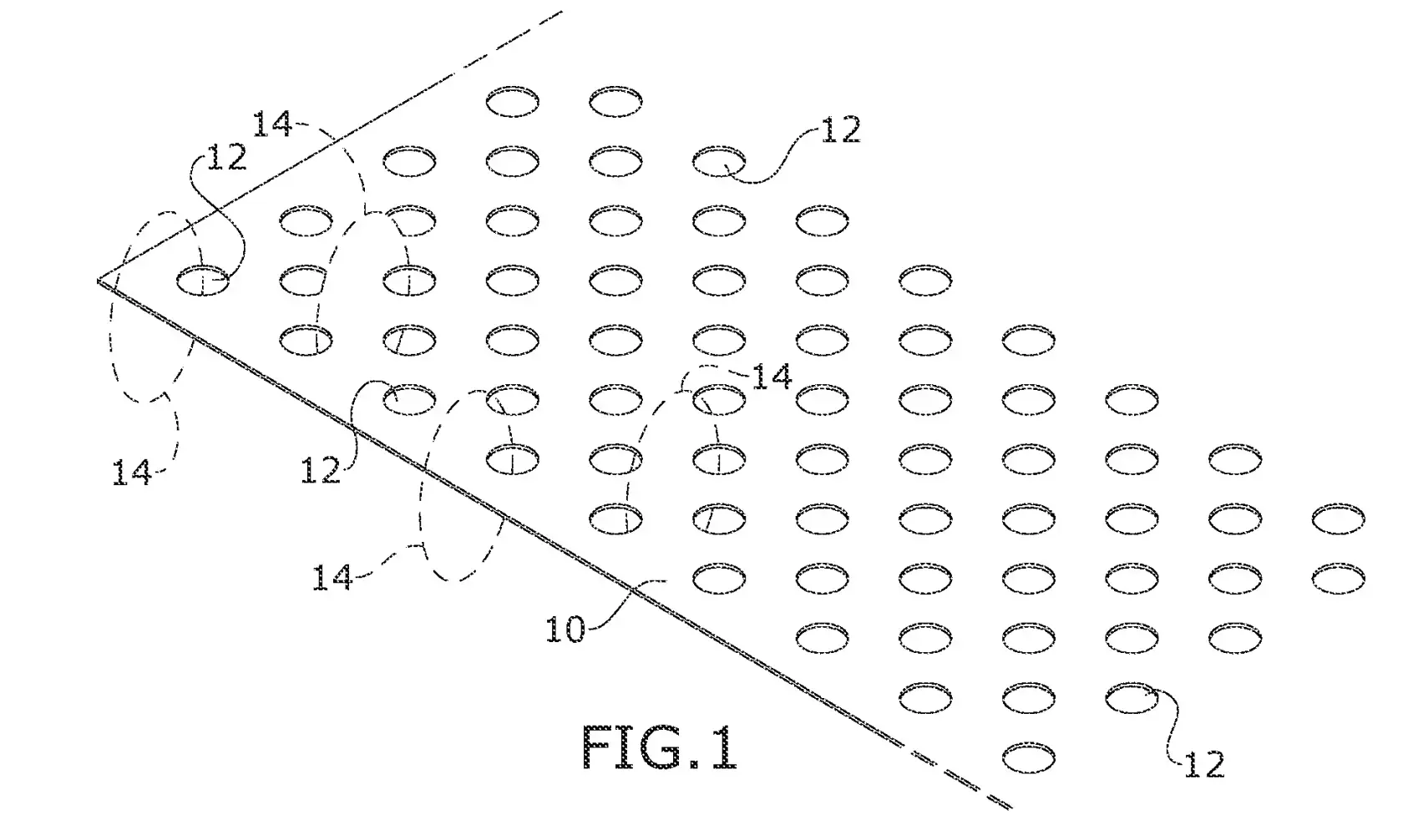

By the time they’re about to go belly up, companies no longer have the resources to ensure they comb through the code to remove the parts licensed from 3rd parties, and the liquidators see all assets as something to sell in order to cover whatever loans the company got.
In an ideal world, consumers would never buy a non-open sourced car, or phone, or IoT device.
In the real world, regulators need to force companies to give consumers at least some basic way to control the products they buy.




As usual, the unresolved underlying issue is, how to get funding for FLOSS projects. Entitled cheapskates are nothing new; a generic solution to the issue, would be something new.